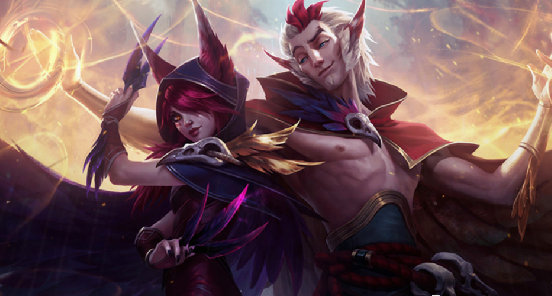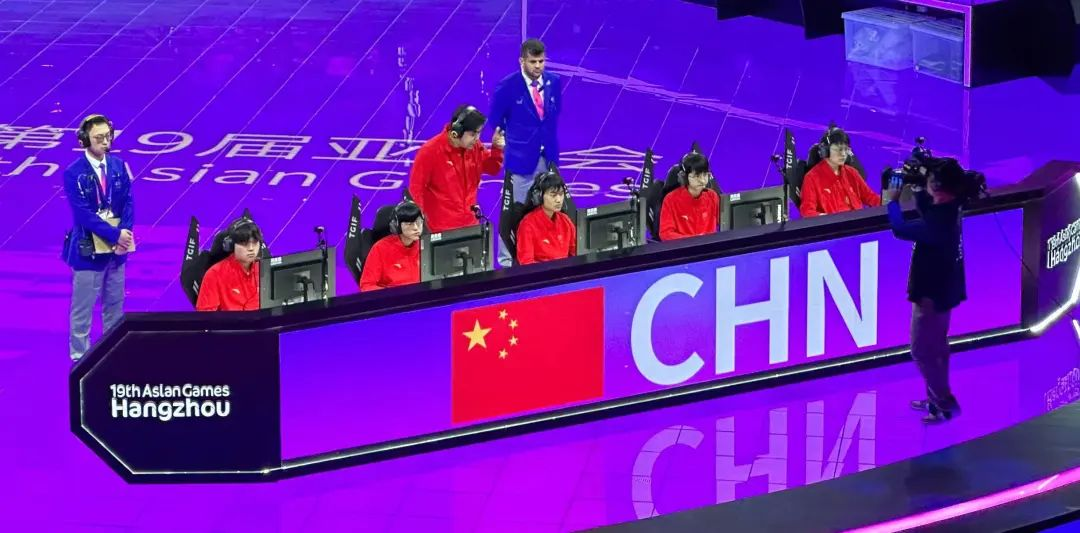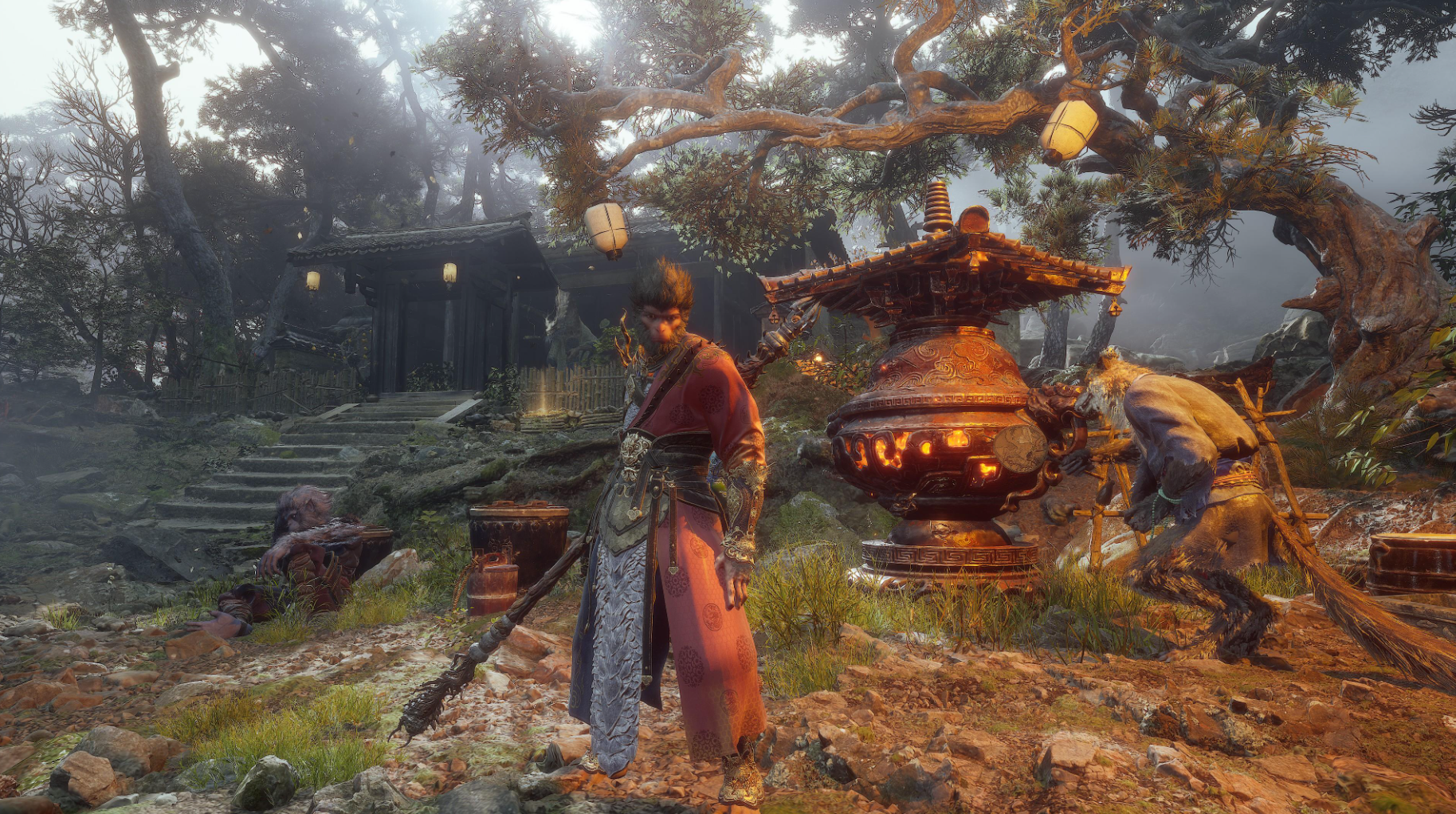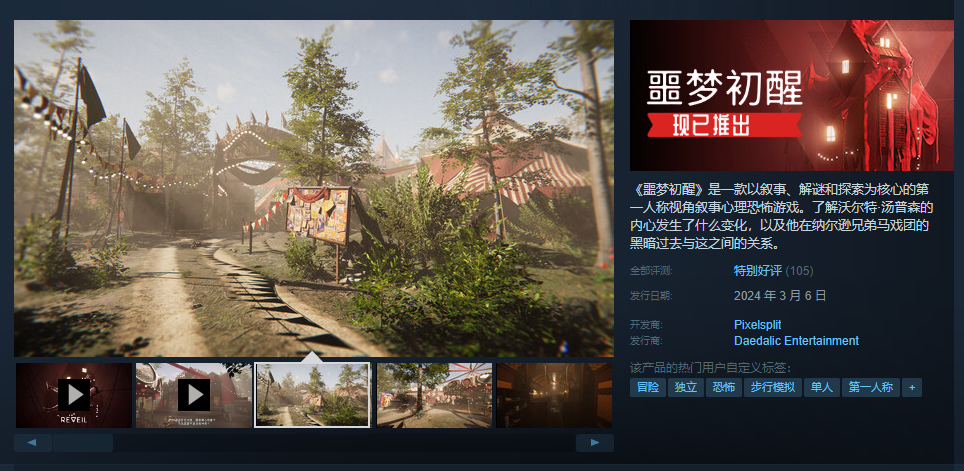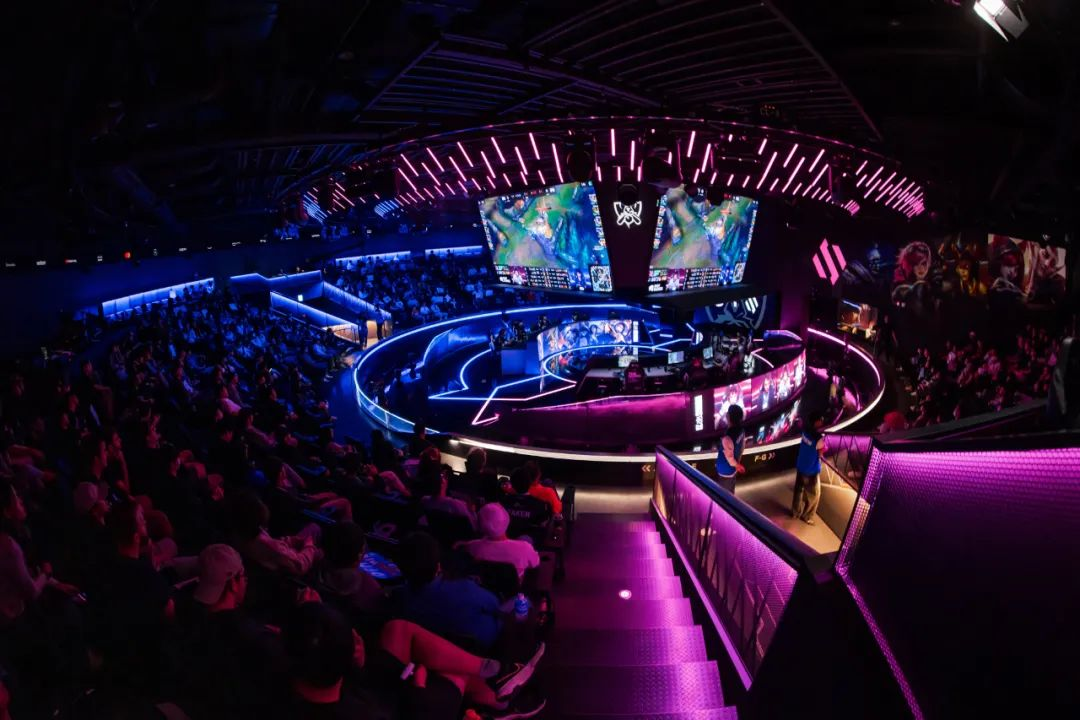
An article to read the 2023 League of Legends Global Finals Swiss round system
2023 League of Legends Global Finals, the finalist stage of the tournament has ended on October 15, 19 will usher in the Swiss round of the match, when we can enjoy the LPL teams JDG, BLG, LNG and WBG (in order of seeding). Swiss Round is the first tournament system introduced in S13, for this tournament system, perhaps you still have some confusion, looking forward to today’s article, for recognizing the Swiss Round stage of the schedule, can play some help.
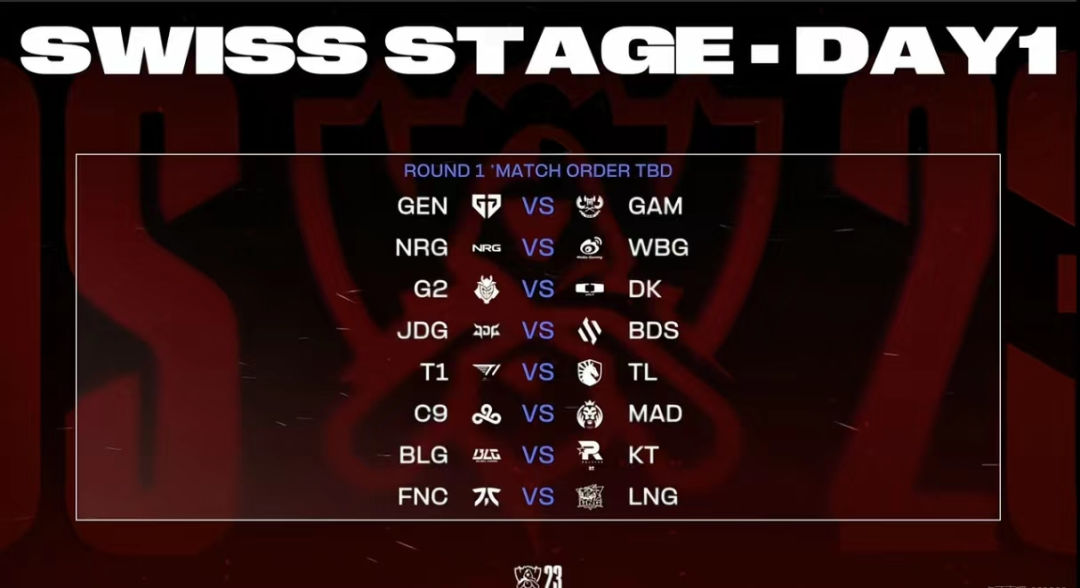
The Origin of Swiss Round Stage System
The Swiss system: also known as the points round robin system, first appeared in a chess tournament held in Zurich, Switzerland in 1895, hence the name. Its basic principle is to avoid the seeded players to fight and fight off at the beginning, and it is a more scientific and reasonable tournament system, which is used most often; its English name is Swiss System.
As one of the specialized systems for chess competitions, the Swiss System is applicable to chess, Chinese chess, Go, backgammon, military chess, etc. Specifically for e-sports competitions, the CSGO Major in recent years can be regarded as one of the typical applications of this system.
S13 Swiss Round Match System
In order to pass the Swiss Round and enter the knockout rounds, you need to win three matches in this phase, or else you will be eliminated if you suffer three losses. The Swiss Round consists of five rounds of matches, each of which is determined by a draw.
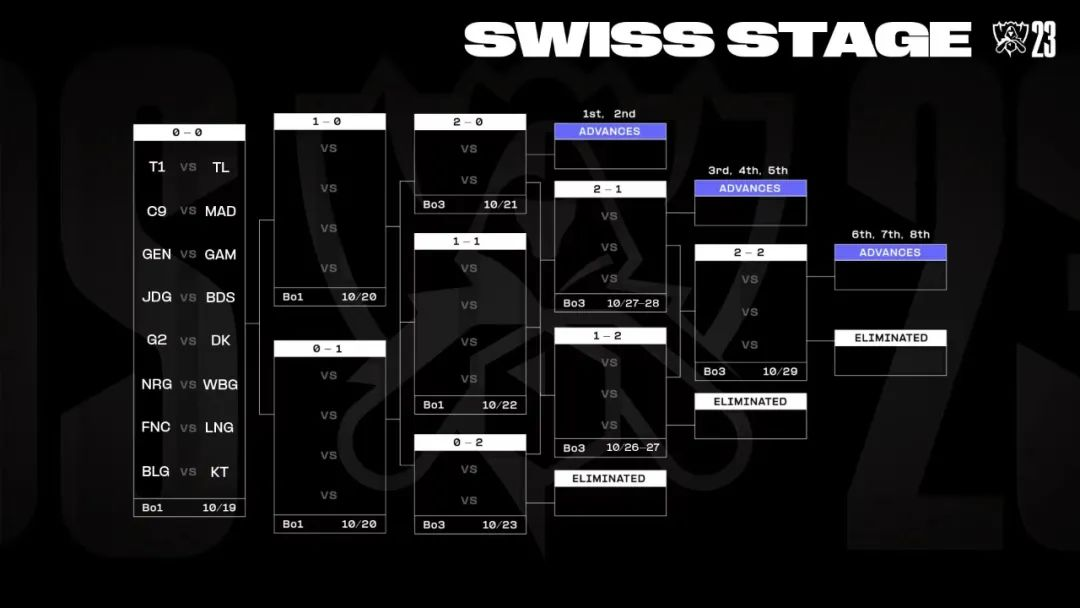
The first round consisted of eight matches: the matches were all BO1 (same-region avoidance), and after these eight matches, the 16 teams were divided into two groups according to their wins and losses, with eight teams with a 1-0 record and eight teams with a 0-1 record.
The second round will also consist of 8 BO1 matches: after the draw, teams with 1-0 records will play teams with 1-0 records (i.e., the winners will play the winners of the first round), and teams with 0-1 records will play teams with 0-1 records (i.e., the losers will play the losers of the first round). After this round, there will be four 2-0 teams, four 0-2 teams, and eight 1-1 teams.
The third round is a bit more complicated, as it will be the third round that will give birth to the teams that will be the first to advance to the elimination rounds and the teams that will have to leave the tournament: the matches that will concern elimination and advancement will be set in a BO3 format, with the teams that are 2-0 playing 2 BO3 matches, the teams that are 1-1 playing 4 BO1 matches, and the teams that are 0-2 playing 2 BO3 matches. at the end of the third round, it will be declared that the 2 teams with a score of 3-0 will advance to the elimination round, and 2 teams with 0-3 regret to go out of the tournament.
The fourth round was the most brutal: 2-1 teams played 3 BO3 matches, with the winners advancing to the knockout rounds, and 1-2 teams played 3 BO3 matches; 3 teams advanced and 3 teams were eliminated; the 6 teams that remained in the tournament were all in a 2-2 win-loss situation.
The fifth round of the tournament is the last chance to advance to the elimination round, where the 2-2 teams will play 3 BO3 matches, with 3 teams advancing and 3 teams eliminated.
To summarize: through the five rounds, 8 teams advance and 8 teams are eliminated.
Advantages of the Swiss Round system
From the perspective of “uncertainty”, the five rounds of Swiss Round matches are all decided by lottery, and the uncertainty of the matchups is one of the biggest attractions of gaming. In addition, the matches are more exciting. Although the matchups are determined by the draw, the final matchups are based on the premise that the scores are the same; 1-0 teams play 1-0 teams, 2-0 teams play 2-0 teams, and the teams that can win the S13 opening red, and the teams that can win back-to-back matches to impact the knockout rounds are naturally the highest-quality encounters; even if it’s a 0-1 team or even 0-2 team, the matchups will be the highest-quality encounters. Even for 0-1 teams or even 0-2 teams, since every game is a matter of “life and death”, they will definitely put their best foot forward, and their tactics and operations will be top-notch, so a back-and-forth situation is not a luxury.
If the previous round-robin system, take the 2022 Global Finals for example, the 16 teams participating in the group stage will be divided into four groups, A/B/C/D, and each team will play two rounds of round-robin matches against three opponents in the group. Each group is arranged with one LPL team and one LCK team, and teams from other regions that advanced in the wild card rounds have little hope of advancing when facing teams from these two regions. However, under the Swiss system, the strongest teams have long been the first to advance, and some teams that had no hope under the traditional system can have a chance to find a good opportunity in the fourth and fifth rounds of the Swiss round.
As a whole, the Swiss system includes both “round-robin” and “elimination” settings, with the BO1 matchups seen as round-robin matches, and the BO3 matches that concern advancement and exit seen as elimination matches. In the group stage of the Global Finals, which used a “round-robin” format, we saw a “round-robin + knockout” format, which made the game more interesting.
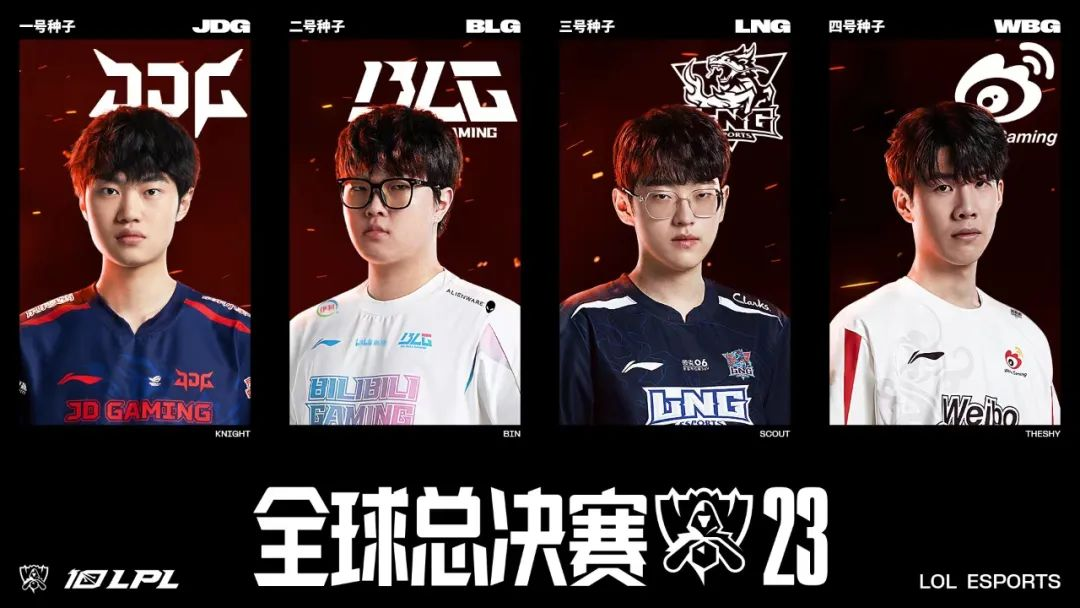
After the Swiss round, it was time for the traditional BO5 single-elimination tournament, which was divided into three parts: quarterfinals, semifinals, and finals. For this stage of the tournament system, every partner who has watched the S-Series or even watched e-sports matches is probably very familiar with it, so I don’t need to say anything more, but I just hope that more of our LPL teams can make it to the end.


